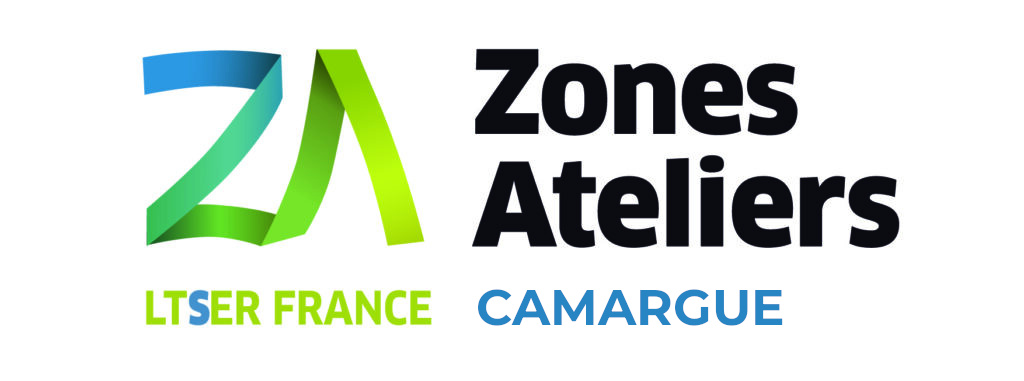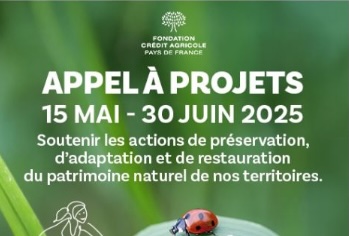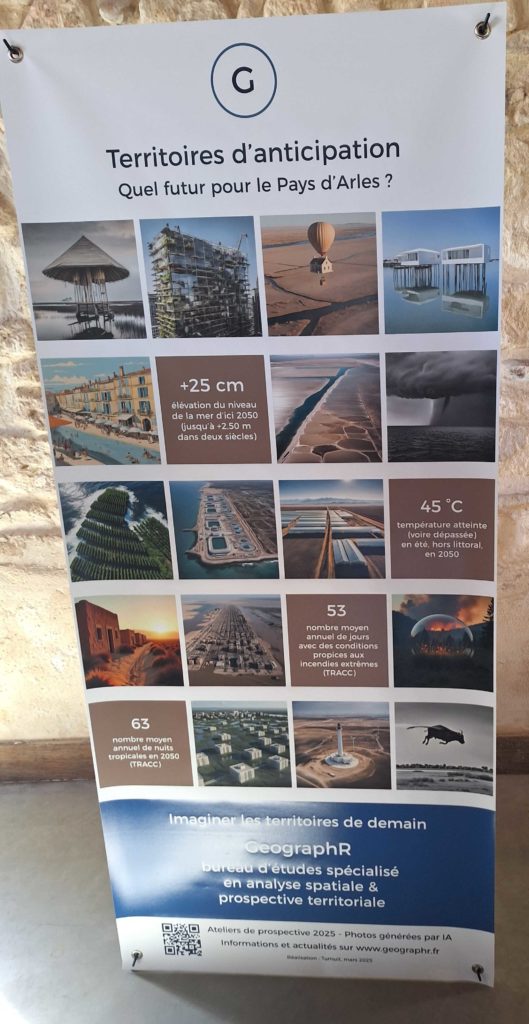The Camargue Health-Environment Long-Term Ecological Research Platform (LTSER ZACAM)
The Camargue: a research area
Shaped by the waters, the Camargue - in the broadest sense, is a single delta, a region teeming with human activity and exceptional biodiversity. Here, preserving natural and cultural heritage is combined with experimenting with sustainable development and adapting to climate change.
Since the beginning of the 20th century, naturalists, agronomists, engineers and researchers from all walks of life, describe, model and tell the story of this unique territory. Their work contributes to our knowledge and informs public decisions on environmental management, of flora and fauna, water resources and human activities.
It is within this long historical context that the “Camargue Health–Environment Long-Term Socio-Ecological Research site” (ZACAM) takes its place, as described in the CNRS article below retracing the project’s genesis. This integrative initiative is conceived as a tool serving both knowledge and society. Its objective is clear: to better prepare this vast wetland territory—and the diversity of its human and non-human inhabitants—for the rapid changes affecting the delta and its ecosystems.
The ZACAM aims to produce the knowledge needed to anticipate and, if possible, avoid the major risks that threaten human, animal and environmental health. To do this, it relies on the One Health approach (One Health en français)which recognizes the interdependence of these three domains as inseparable and promotes a transdisciplinary and collaborative framework. This approach integrates all dimensions of human and ecosystem health—whether ecological, sociological, political, economic, legal, or ethical—within a unified vision of Full Health (Pleine Santé en français).
In a nutshell, ZACAM aspires to be a key actor in addressing the challenges facing the Camargue. By fostering research and collaboration across disciplines—as well as with citizens, local authorities, economic stakeholders, and the educational sector—it aims to contribute to building a sustainable and resilient future for this exceptional region.
Discover ZACAM in pictures and subscribe (ZACAM Youtube channel)
Subscribe to our mailing list (keep up to date with news, projects, etc.)
Latest news from ZACAM
Call for projects (Foundation)
Call for projects "Fondation Crédit Agricole: Supporting actions to preserve, adapt and restore the natural heritage of our...
ZACAM takes part in the "Territoires d'anticipation" initiative for a resilient and sustainable future
As part of the DECLIC (Experimental Approach to Co-construction to Limit the Impacts of Climate Change) initiative, supported by the...
Habilitation to supervise research (HDR) defence: Audrey ARNAL
Audrey ARNAL has defended her habilitation to direct research (HDR) entitled: 'Comprendre les processus...
Screening-debate: "Même pas peur, l'éco-anxiété comme moteur" (Even without fear, eco-anxiety as a driving force)
The University of Montpellier is committed to supporting its community in the face of environmental challenges. It welcomed Vinz Kantet, creator of the...
Data Spring 2025!
INRAE and its partners are launching the fourth "Printemps de la donnée" in 2025. This new edition, which will take place...
ZACAM in the press!
We are delighted to announce that the Camargue Health and Environment Workshop Zone (ZACAM) has recently been featured in the press...



